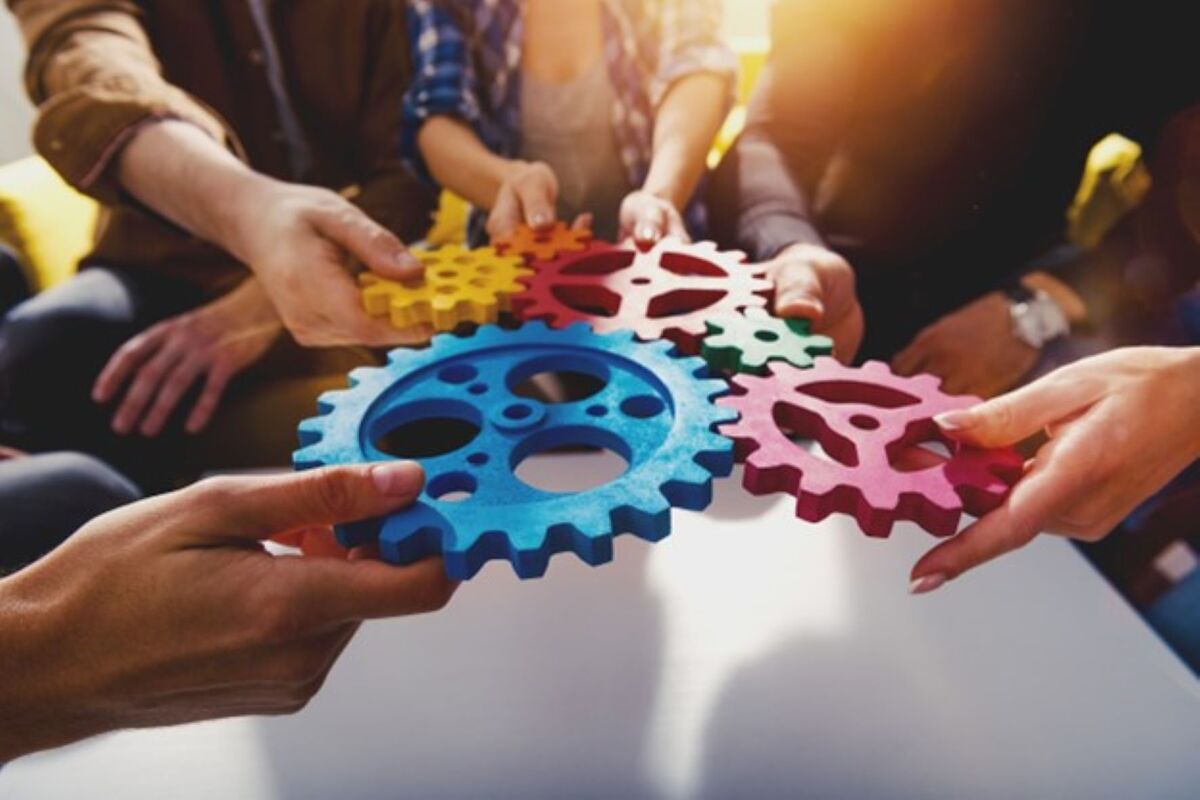In addition to Microsoft’s AI Builder, which brings focused and generative AI and machine learning capabilities to Power Apps and Power Automate, a number of other companies are adding AI capabilities to their low-code and no-code software development and robotic process automation products.
Note that we’re not considering low-code and no-code AI and machine learning development here, such as you’ll find in Amazon SageMaker, DataRobot, Google Cloud AutoML, and Dataiku. That’s another kettle of fish.
Airtable AI (beta)
Airtable, which I reviewed in 2022, announced earlier this year that it was adding unspecified AI capabilities to its product. In June, Airtable opened this feature set to selected enterprises in a customer beta program. Airtable AI initially launched with generative foundation models provided by OpenAI, the developer of GPT.
According to Airtable, “Product teams can add an AI component to their roadmap app to instantly generate a product spec. Marketing teams can connect an AI component to their requests app that will write thoughtful, thorough creative briefs that speed up the marketing creative handoff. And HR teams will be able to automatically generate job descriptions for any of their open roles simply by adding an AI component to their hiring pipeline app.”
Appian Platform
The Appian Platform for process automation provides a unified and low-code design experience. Appian 23.2 includes three AI skills: Document Classification, Document Extraction, and Email Classification. The Document Classification AI Skill enables you to automatically classify and route documents. The Email Classification AI Skill lets you build a custom machine learning model that classifies emails based on business-specific labels, making it easy to route email messages to the correct team or aid in case creation. The Document Extraction AI Skill enables you to automatically extract important text from structured documents so you can use that data in your applications with little effort. Appian 23.3 will include Appian AI Copilot, which promises to bring a generative AI chat interface to forms design and process modeling.
Creatio Atlas
In May, Creatio announced that it is integrating a ChatGPT connector into its Creatio Atlas low-code platform and customer relationship management (CRM) products. That connector augments the predictive machine learning models already built into Creatio Atlas.
Creatio’s predictive models include lookup value prediction (classification), numeric prediction (regression), predictive scoring, recommendation, and similar text search. The ChatGPT connector calls the gpt-3.5-turbo model API, charges you for usage, and supports use cases that include knowledgebase Q&A, content creation, language translation, personal assistants, and email generation.
Mendix AI-Assisted Development
Mendix offers AI-assisted development (AIAD) and AI for smart apps as part of its low-code application development platform. AIAD is also called Mendix Assist, which currently consists of two virtual co-developer bots: MxAssist Logic Bot and MxAssist Performance Bot. The smart apps capabilities include an AWS service connector and the Mendix ML Kit.
MxAssist Logic Bot is an AI-powered virtual co-developer that guides you through modeling and configuring your application logic (microflows). It gives you a real-time and context-driven list of the next best actions based on the application logic already designed and other context-related information. MxAssist Performance Bot is an intelligent virtual co-developer that assists you in improving the performance of your app by inspecting your app project model against Mendix development best practices while you are building your application in Mendix Studio Pro.
OutSystems AI Mentor System
The OutSystems AI Mentor System is a set of AI-based development and quality analysis tools that is intended to support teams throughout the software development lifecycle. The OutSystems AI Mentor System includes a code mentor, an architecture mentor, a security mentor, a performance mentor, and a maintainability mentor, which provide coding assistance and check for architectural, security, performance, and maintainability issues.
OutSystems also offers an Azure ChatGPT connector in its Forge repository, allowing you to tap Azure ChatGPT for code completions, chat completions, and embeddings, i.e. vector representations of inputs that can be used in machine learning models. OutSystems suggests using Azure ChatGPT to provide personalized recommendations, power virtual assistants, and summarize and compare documents such as insurance policies, legal documents, and financial documents.
Pega AI and GenAI
The Pega low-code platform includes Pega AI and Pega GenAI. Pega AI powers “decisioning” using event monitoring, process mining, speech-to-text, and natural language processing. It helps you evaluate data and actions, predict outcomes, and make decisions in real time using decision strategies, machine learning, and adaptive analytics. Pega GenAI generates workflow stages and steps, maps integrations to back-end systems, generates test data on-the-fly, and guides developers with conversational suggestions.
UiPath AI Center
One of the “big three” RPA (robotic process automation) products, along with Blue Prism and Automation Anywhere, UiPath has incorporated machine learning in its advanced processes for years. UiPath now includes an AI Center that allows you to train, evaluate, deploy, and re-train machine learning models for use with RPA. AI Center supports importing your own models as well as using UiPath’s and third-party pre-trained models for image analysis, language analysis, language comprehension, language translation, and tabular data.
As we’ve seen, many low-code and no-code development and RPA platforms now include AI capabilities, often using a version of GPT. Certainly more will follow. Microsoft Power Platform continues to be a leader in this area, at least partly because of its close relationship with OpenAI, and the existing AI and machine learning services available on Microsoft Azure.






